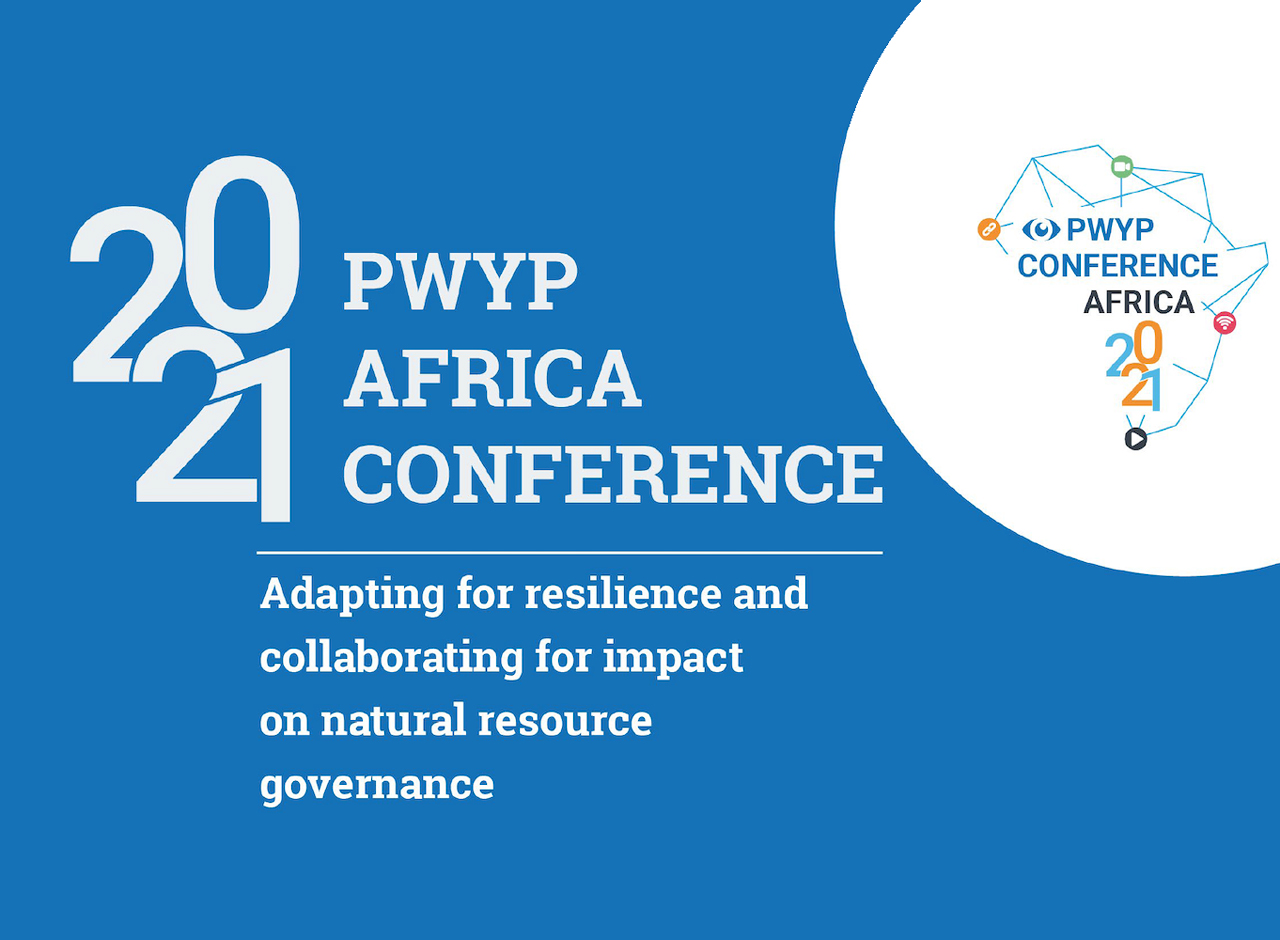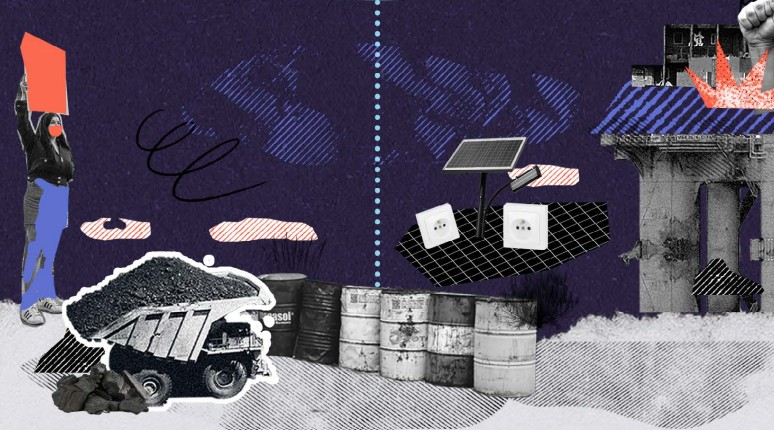The 2021 PWYP Africa Conference considered how the resource governance movement can build resilience and collaborate for impact in Africa, in the face of big global challenges like the Covid-19 pandemic, climate change and energy transition, and threats on civic space.
The conference, held every three years, is the principal space for PWYP members, along with the wider natural resource governance movement in Africa, to strategise, discuss and exchange experiences, and to learn from one another. This report presents highlights of the three-day meeting.
You can also watch the sessions’ recordings :
Opening session and keynote address
The panel highlights the current trends in the governance of the extractives sector. PWYP Executive Director Elisa Peter shares her view on PWYP Vision 2025 and the importance of PWYP in shaping the governance of the sector. The Chair of the Africa Steering Committee addresses key issues related to the extractives governance in Africa and the importance of movement building in addressing the challenges that Africa faces in managing the sector. Dr. Claude Kabemba , Executive Director of Southern Africa Resource Watch (SARW) then addresses the impact of COVID on resource governance and speaks to the challenges resource rich countries in Africa have faced. He also highlights the challenges that host communities face in the midst of COVID and what governments, non-state actors and communities need to manage the extractives sector for future generations.
Shining a light on extractive sector tax
Over a decade ago, African heads of government and state agreed to the Africa Mining Vision (2009), a blueprint that seeks to harness mineral wealth to achieve socio-economic transformation on the continent. One of the key pillars of the AMV is on mining fiscal linkages by curbing illicit financial flows and tightening tax regimes. Furthermore, Africa governments have increasingly recognised the importance of reviewing and reforming fiscal rules and systems to enhance the generation of revenues from the extractives sector. In this session we will be looking at best practices and lessons learnt to help shape an effective approach for governments to generate more revenue from the extractive sector.
Multi-stakeholder panel
This panel reflects on the findings of the Covid-19 scenario workshop which PWYP facilitated in October 2020 to consider the economic, political and social impact of four Covid-19 scenarios on the governance of the extractive industries, and on PWYP’s global strategy.
Women’s rights as a resource governance priority
Even if we can notice tremendous efforts to address gender issues in the extractive sector, there’s still enormous gaps to advance women rights substantively as a key priority in the transparency movement, like contract transparency or tax issues are. This panel builds on the experiences of diverse stakeholders including the industry, government and civil society on fostering a feminist natural resource governance.











